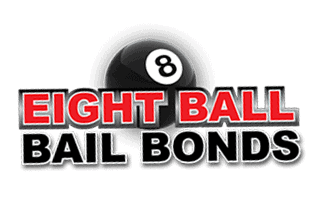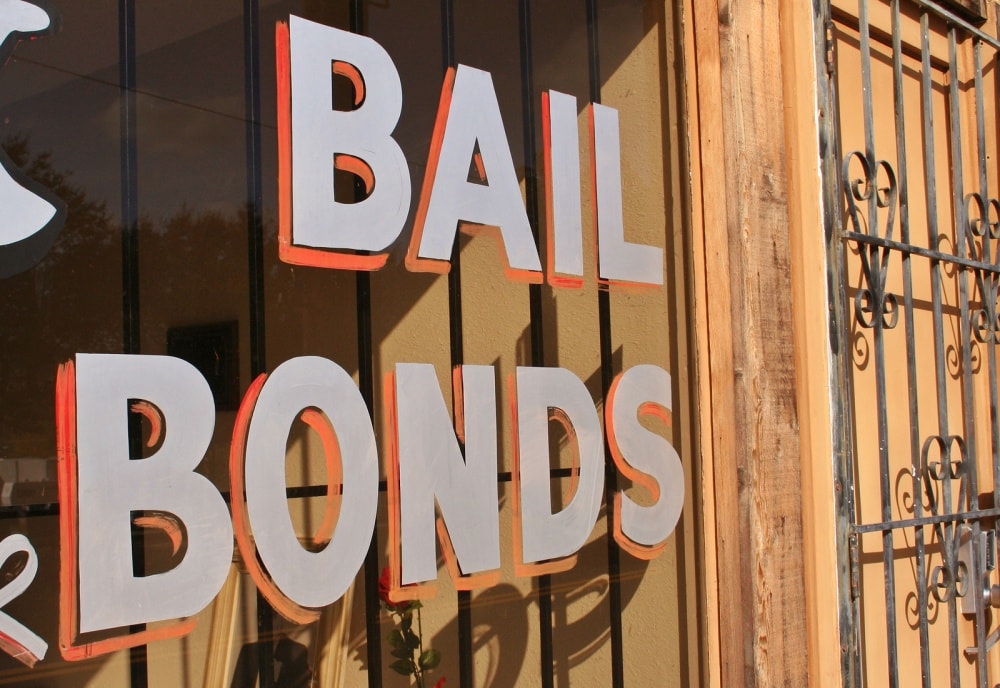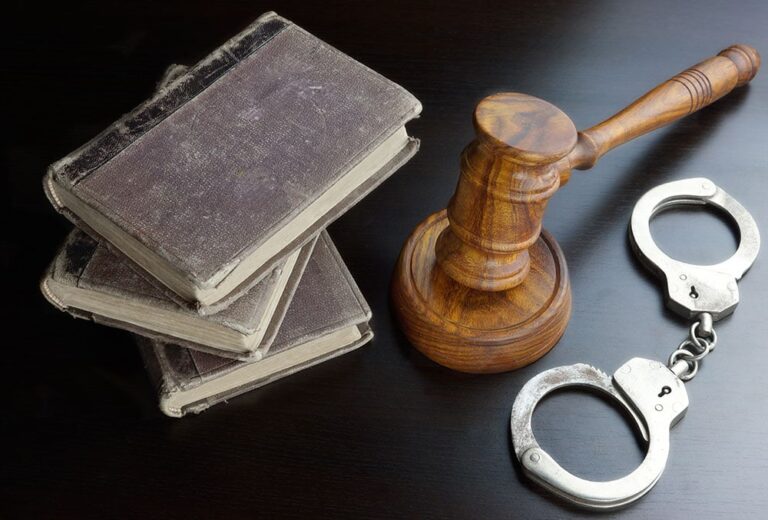What Is a Bail Bondsman and Can I Avail of Bail Bonds Near Me?
When a person is arrested and booked for a serious crime, they first need to await a bail trial where the judge will decide how much bail is required for them to avoid jail time while waiting for their court date.
Luckily, there are bail bonds and bondsmen that can take the financial brunt of the bail. So what is a bail bondsman? And perhaps more importantly, your next question would probably be “How can I avail of bail bonds near me?”
It’s actually common for people to not even know that there’s a bail bond option until they actually need it. After all, nobody expects a loved one to get arrested. So all the issues surrounding the arrest, bail financing, the court date, and the proceedings are typically quite alien to the family attending to the case.
This, in turn, adds to the sense of hopelessness and frustration that the same family is most probably already experiencing.
So if you’re in this position, rest assured that in the United States, there’s the quick option of using bail bonds.
How Bail Bonds Work
A bail bond is an agreement with a licensed business where they agree to pay the arrested person’s bail in full so they can leave jail in exchange for a 10% to 15% fee, usually. Otherwise, if the suspect can’t post bail, they’ll have to wait in jail until their court hearing.
“This means a bail bond allows you to post bail while only paying the non-refundable premium required by the bond company – the bail bondsman. The rest can follow later.”
Bail bond agents are usually available 24/7 – after all, the justice system doesn’t have office hours. The fee they charge will depend on the situation, and sometimes you may be asked to sign over collateral to cover larger bail amounts. It’s pretty much like a loan specific to bail: jewelry, vehicles, property – these can all be used as collateral.
The main concern for the bail bondsman is that the defendant they’re bailing out appears in court. As the indemnitor in this very specific suretyship situation, all responsibility falls on them if the defendant bails after posting bail, so to speak. Thus, the collateral.
Also, in most cases, they are licensed to work with bounty hunters to reacquire the defendant.
Requirements for Using Bail Bonds
When you first contact a bail bondsman, you need to provide the following information:
- – The defendant’s full name;
- – The location of the jail where the defendant is held;
- – The defendant’s booking number, and of course
- – The charges brought up against the defendant.
If both parties agree to a bail bond, the company will post full bail and the defendant will be able to leave either immediately or in a few hours (depending on the processing times of the jail involved). All the bondsman needs is both the premium and any required collateral signed over.
Once the defendant is released, the conditions are simple:
- – S/he must be present at all required court dates and proceedings
- – S/he must meet all conditions set by the bail bondsman, which usually correlate and are a direct consequence of the legal restrictions set by the court regarding where the defendant can go and when, considering s/he is still a suspect in an ongoing dispute
Posting Bail Since 2750 BC
Bail bondsmen are almost entirely unique to the US and its former commonwealth, the Philippines. But while it may seem like a pretty modern method of financing bail for the justice system, but there are existing records of bail bonds being used as early as 2750 BC.
In the ancient Akkadian city of Eshnunna, citizens could avoid jail time through having an indemnitor pay what essentially amounts to as bail, and pledge that the defendant would show up in subsequent court hearings. The indemnitor backs this pledge with their own belongings, like sheep.
While modern bail bonds are not completely comparable to Eshnunnan sheep-backed indemnitor pledges, the concept is one and the same, and it’s definitely something that gives the family and loved ones of the defendant something to use in times of financial and emotional stress.
Bail bondsmen are actually also helpful to the justice system overall in that defendants released through a bail bond are more likely to attend their court hearings than those who don’t.
Now if you’re in the unfortunate situation where you need to post bail for your loved one but you’re unable to, you can easily search for local bail bondsmen to consider in your area.
Feel free to talk to as many as you require to see which bail bond agent would be right for your situation.
The stress of having to deal with an arrest shouldn’t be confounded by an inability to post bail. Find an Eight Ball Bail Bondsman for your needs now!







